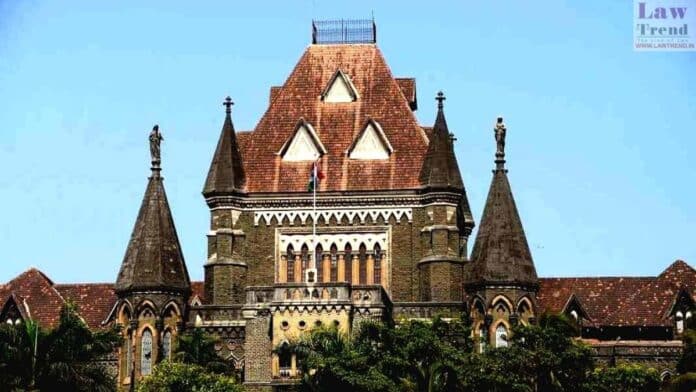The Bombay High Court, on Monday, raised a pertinent question regarding the cleanliness and clearance of streets and footpaths that are promptly done for the Prime Minister and other VVIPs but are not maintained daily for the general public.
The division bench of Justices M.S. Sonak and Kamal Khata emphasized that having a clear footpath and a safe walking environment is a fundamental right of every citizen, and the state authorities have the obligation to ensure it is upheld. The bench critically addressed the ongoing issue of unauthorized hawkers who encroach upon city footpaths, urging the state to take significant and immediate actions.
The high court had previously taken suo motu cognizance of the problem of illegal hawkers and vendors cluttering the city’s pathways. “The streets and footpaths are immediately cleared when the prime minister or some VVIPs visit, and it remains so until they leave. How is it done then? Why can’t it be done for everyone else? Citizens, who are ratepayers, need to have a clear footpath and a safe place to walk,” the court expressed.
Highlighting the long-standing nature of the problem, the court remarked on the apparent lack of will from the authorities, stating, “The state has to do something drastically. It cannot be that the authorities are perpetually just wondering what to do. There seems to be a lack of will because where there is a will, there is always a way.”
Senior counsel S.U. Kamdar, representing the Brihanmumbai Municipal Corporation (BMC), noted that periodic actions are taken against these vendors and hawkers, but they keep returning. The BMC is also considering the option of establishing underground markets as a solution, a suggestion that the court joked about as trying to bury the problem.
The bench also criticized the fines imposed by civic bodies on these vendors as ineffective, as their daily sales far exceed the penalty amounts. “Your fine is pittance to them. They will pay and leave,” the court commented.
Also Read
The court proposed that the BMC develop a database to identify all such hawkers to ensure they do not violate orders and return with their stalls. “Let there be a combing operation. Start with one street. The biggest trouble is identification. They keep coming back because they are not identifiable,” the court added.
The matter has been posted for further hearing on July 22, where more concrete steps are expected to be discussed to resolve this ongoing issue.




